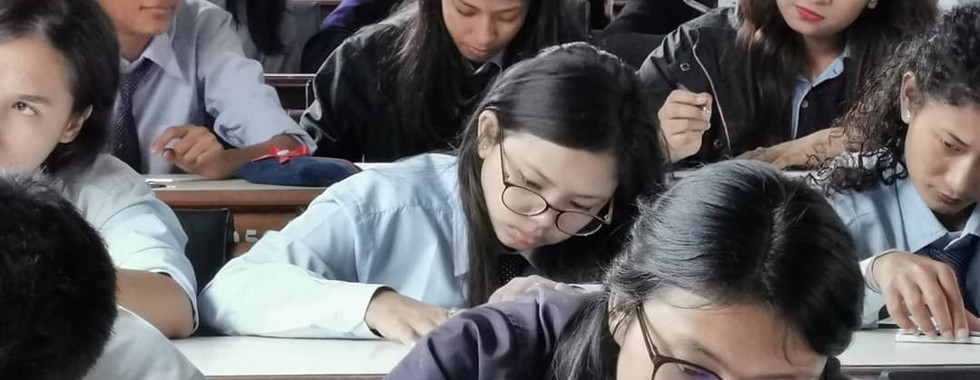Architectural Democracy Tour in Nepal 2019
After a series of lectures in different Universities in Nepal, meeting several construction companies, politicians, landlords, super rich, it's daughters and researchers in the Kathmandu Valley in 2019, two things got confirmed:
- 1st, it is common practice in Nepal that all sectors in the construction industry take bribes. The stake is around 20 percent of the overall contract.
- 2nd, all the contracts are secured by a safe network of families. The threats are not newcomers, but the old cousins, who want to pull the leg off of the head and become the highest taker.

The heads of such construction companies are obviously linked with politicians. The top ones are friends with the prime minister and invite the political class regularly to their luxurious homes, filled with antiques, gyms and saunas. Antiques that constantly disappear from temples around Nepal amidst the earthquakes. It's a thirsty new money.
I get invited to these dinners likely because of my approach in design and small but seemingly meaningful bold statements. An internationally experienced architect glowing its eyes on the prospect of more contracts, seems like a safe bet. In any case, I am not a threat, the cousins are. In some cases I am invited for some romantic matchmaking with their daughters!

I had great conversations with people such as Rijina Bajracharya, the head of the Architectural Department of Khowpa Engineering College, Prachand Man Pradhan, head of the Civil Engineering Dpt of the Kathmandu University, Jhnak Datta Khanal, the head of the Hymalayan International Engineering, Nabin Ghising, Sankalp Pokhrel, Baburam Bhattarai, etc.

I was made an honorary member of the Nepalese Association of Architects and offered many presents after the well attended lectures. The voices were critical and left oriented, but the attendees ability to listen was close to my experience in China.

The drive to these lectures and meetings was done under heavy rain for most of the time, by motorbike, with my colleague Sunil Suwal. During this time I was based in Bhaktapur in a traditional Nepalese family and got to meet the workshops and people working with very poor means to reconstruct the temples destroyed by the earthquakes and sacked in the confusion.

During my stay there, floods were again a matter of geopolitical confilct. There is a current trend to oversimplify such topics to the overarching cause from climate change. As important as the topic is, it is not a new problem, it is a recurrent one derived from a much older set of conflicts we created ourselves: nation states. India builds infrastructure in the border which decrease the flood control from rivers.
I was reading at the time Jack Lively's "Democracy" but on the cultural city of Bhaktapur I got drifted to two other books: the university textbook classic on Nepalese architecture by Wolfgang Korn and Indra Majupuria's work on Nepalese Women.

From such temples and thick traffic's smog, I flew further to China continuing the Architectural Democracy lecture tour.























Comments